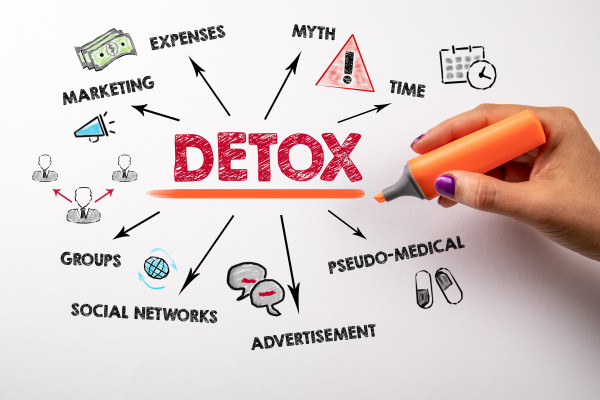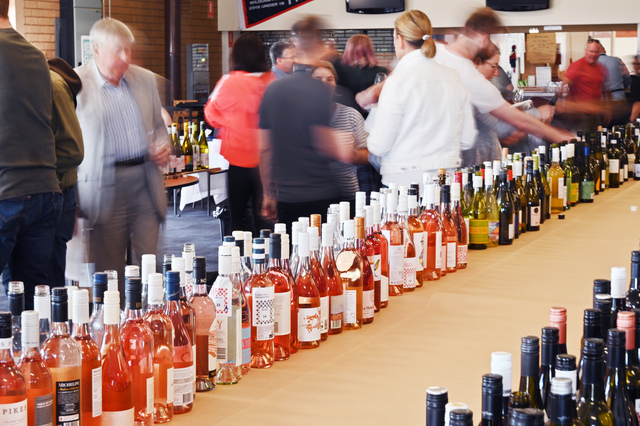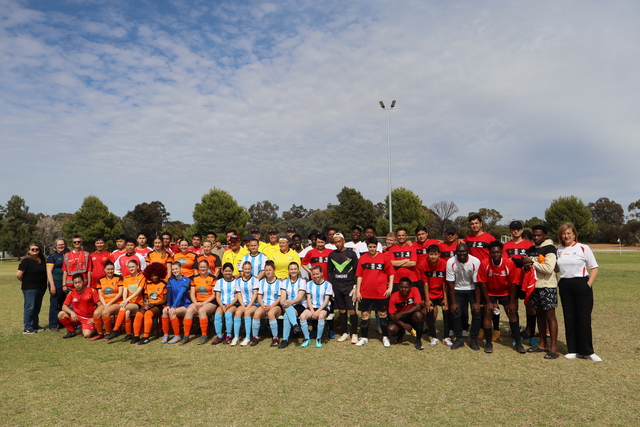NUTRITION is an essential component of life and without it, health and wellbeing will suffer.
But thanks to trends, fads and pseudoscience, it is becoming increasingly hard to know what exactly good nutrition is.
Embarking on a journey of long-term health can be a challenge, and involves committing to long-term dedication and a process of education.
A big part of educating oneself includes navigating the nutrition myths that will hinder you reaching your goals.
From cutting out carbs and celery juice diets to calorie counting and apple cider vinegar, the amount of nonsense information out there surrounding our diets is astounding and, quite frankly, gives weight to the argument ‘a little bit of knowledge is dangerous’.
For the vast majority of people, simple and realistic nutrition is the best way to achieve good health and wellbeing outcomes.
Social media
We live in an age whereby social media can be both a powerfully positive or grossly negative tool. In the wrong hands it can be relatively dangerous.
Have you ever followed diet advice from someone online? How would you feel if I told you that 80 per cent of that advise is in fact wrong?
For years now social media has flourished, with no guidelines monitoring whether someone is qualified to be giving us dietary advice nor is there any policing on whether an advertised product’s claims are backed up by scientific research or conclusive study.
We are inundated with information on diet culture and, more often than not, that information is dangerous for our health.
Why is it important?
In terms of physical health, nutritional misinformation is a great concern.
Some diets can lead to deficiencies in a range of vitamins and minerals, so it is crucial that all the information about the diets are shared and understood.
If we look at some of the more extreme diets out there, where there are exclusions of entire food groups, not only are these diets unsustainable in the long-run, but they can leave you devoid of energy, dizzy and even put you at risk of severe deficiencies.
The same pattern can be seen in products that are marketed for weight loss “quick fixes”. They are never a healthy option, they aren’t sustainable in the long term and they can drastically affect both mental and physical health.
Another gross dietary myth is the “detox”. There is a host of products, diets and people promising the world if you only adhere to a shake diet, or juice cleanse.
The only detoxification process our body needs to undergo is done daily by our liver. It is our very own in-built biologically given and efficient detoxification system.
Evidence-based diet?
This type of diet is supported by science, there are no quick fixes, and zero forbidden foods.
There are no labels such as “good” or “bad”. The diet is specific to your individual dietary needs and not every other “follower” of said influencer or product.
The focus is on nourishing our bodies with the inclusion of all foods in a balanced way.
– Danielle Wilcock, nutritionist & eating disorder practitioner
@mindbodynutrition_
www.mindbodynutr.com







